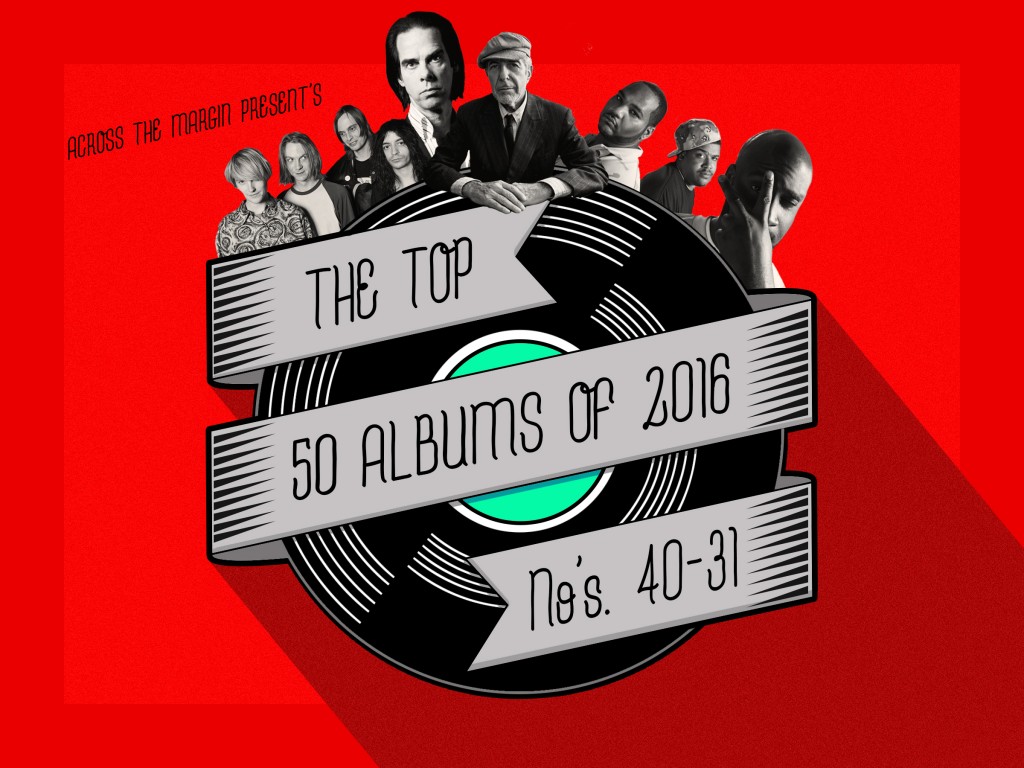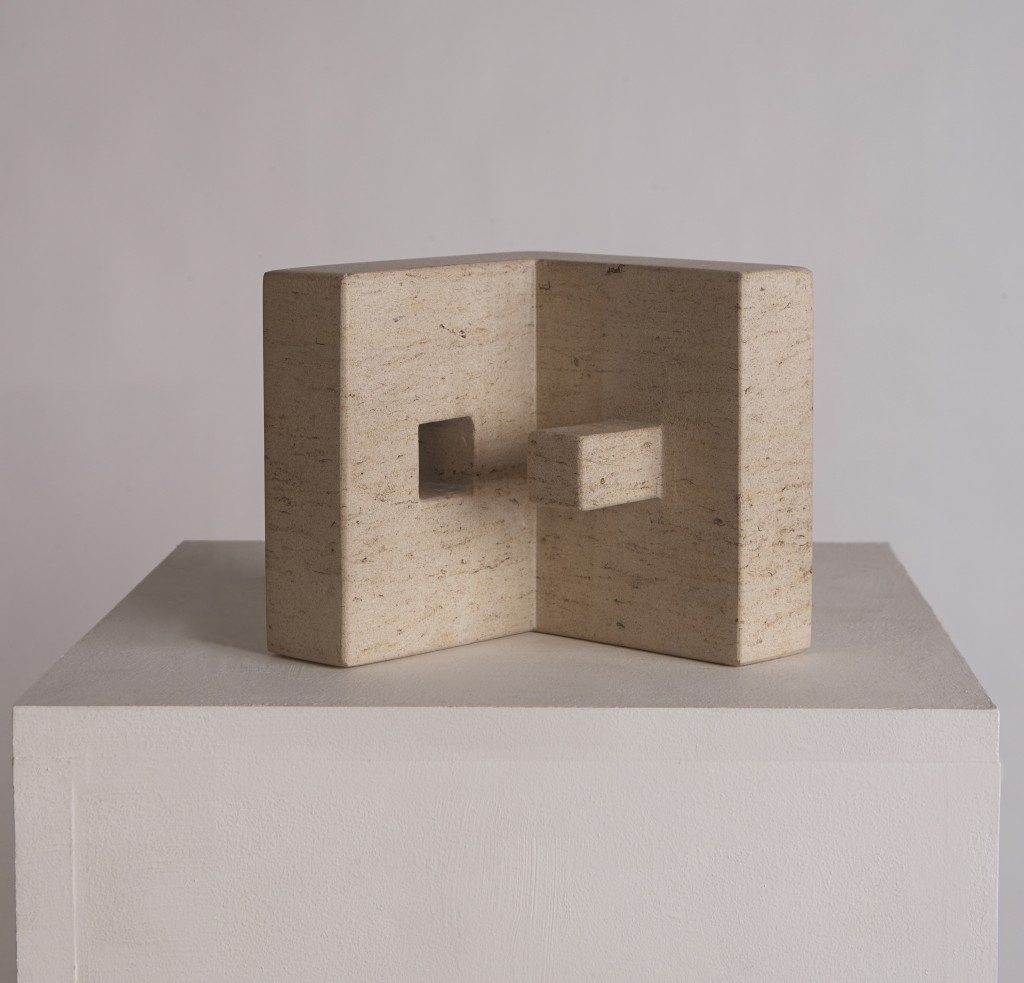by: Michael Shields
Twenty years after its release, Ween’s Chocolate and Cheese continues to amaze….
Fucking Ween man. I miss ‘em. Badly. Although I have accepted that the break-up had to happen, that a great and talented man’s life was in play and had to be spared–it still doesn’t change the fact that Ween’s absence hurts. That one of the finest touring acts in all the land is gone. Just like that. Poof. But, as with all greatness that departs before its time, we must focus on the fact that Ween did indeed exist. That what they managed to accomplish before the seams unraveled was remarkable and important.
Interestingly enough, if you were to look back at Ween’s earliest days, when two men, Aaron Freeman (Gene Ween) and Mickey Melchiondo (Dene Ween) were routinely spewing out free-spirited, drug and alcohol-fueled musical musings onto four-tracks, their glorious rise seems improbable ((Fortuitously, Aaron and Mickey met in an eight grade typing class.)). Or flat-out unimaginable. But, something happened along the way that lifted this spirited duo to new heights. That something, was 1994’s Chocolate and Cheese.
Chocolate and Cheese was the eclectic and jocular album where Ween outgrew their raw, lo-fi sound and became accessible. Not to the masses of course, but to the thriving underground of rock. It was here where Ween finally abandoned the crude, yet raucous sound of their first three albums; where they recruited a skilled producer in Andrew Weiss and found the polish that a professional recording studio brings to an album’s sound. Where Chocolate and Cheese triumphantly succeeded was in its ability to capture the anomalous sensibilities and humor of Ween’s previous albums and reorganize this unique gift into a far more substantial package.
It was because of this more orderly and crisp approach that it became discernible that we weren’t merely dealing with something just offbeat, or fun and brilliantly abstract. But that Gene and Dean Ween were modern-day songwriter savants. Through this novel and refined lens we were able to view Ween as something much more than two freaks. As more than just a couple of inventive and talented buddies merely goofing around. No, after Chocolate and Cheese, Ween was a band. A distinguished and defiantly competent musical act that demanded respect and courted attention with its innovative sound.
Chocolate and Cheese is a musical gauntlet, no two ways about it. An album as diverse as it is bi-polar. While the album is vacillating by nature, never is it overtly jarring rhythmically, even as it drags us through a panoply of genres, drifting confidently through pop, soul, funk, rock, and everything in between. ((I once read that listening to Ween is akin to “genre tourism.” Such a brilliant description.)). It’s an engaging piece of art that, on its own, represents who Ween are.
From the very onset of the album, from those resonating and arousing chords of the rootsy-rock banger that is “Take Me Away,” we are lured in, not only by the song’s gaudy enthusiasm, but by the playfulness omnipresent (Gene’s crooner-esque “Thank you’s!”). But while “Take Me Away” serves as a perfect warm-up, nothing could have prepared us for what was to come next. With the hypnotic tings of a triangle, we are introduced to the perpetually disturbing “Spinal Meningitis (Got Me Down),” a song rife with haunting lyrical imagery set against the pervasive utterances of a child asking its mother if death is on the way. Although spine-chilling, the chunky groove that embodies the chorus, as well as the guitar solo, are lively and rocking, illustrating the mystifying and inexplicable power of Ween.
The universally beloved “Freedom of ’76,” ((The video was directed by Spike Jonze.)) served as Ween’s sensual tribute to Philadelphia and the soul music of the 70s, while simultaneously introducing us to Gene’s opulent falsetto capabilities. Who knew Gener could hit the high notes? The pounding, angst-addled rock anthem “I Can’t put My Finger On It,” makes way for “A Tear For Eddie,” a strange breed of moving psychedelia and an instrumental tribute to Parliament-Funkadelic’s Eddie Hazel, who had died in 1992. Every note in the song is more affecting than the last, weaving a hypnotic dreamscape that lulls you to submission, only to be revived upon the commencement of “Roses are Free,” a perfect carnivalesque power-pop homage to Prince’s Paisley Park era, outfitted with campy lyricism and a chorus-mimicking, distorted guitar solo.
“Baby, Bitch,” the greatest break-up song ever composed, established that Ween had the ability to touch you and embraced their capacity to compose highly affecting music. In that same vein, “What Deaner Was Talking About,” falling later in the album, plucked at our heart-strings, solidifying the viewpoint that Ween had depth. That they had a more stirring and serious element that would go on to be a hallmark of the Ween experience.
“Mister, Could You Please Help My Pony,” finds Ween revisiting the idea of childhood in an unconventional manner. The songs lyrics paint as disturbing a picture as you can find musically, but once again, Ween masterfully balances its macabre imagery with a breezy, 60s psychedelic melody. “Drifter In The Dark,” an alt-country ditty, would serve as the prelude to Ween’s forthcoming “country” album, 12 Golden Country Greats and is followed by the Afro-Caribbean funk of “Voodoo Lady,” a song so lively it could stir the dead to dance. “Voodoo Lady” is often cited as the song that initially hooked fledgling Ween fans with its intoxicating, electrifying musical romp.
“Joppa Road,” Ween’s “Kokomo,” soothes like a walk on a sun-soaked beach. “Candi,” a relic from albums prior, ((The shouting in the background was recorded from the trunk of Dean’s car.)) feels just marginally out of place, yet serves as a reminder of the brilliant outlandishness at play here, while “Buenas Tardes Amigos,” proves no genre is safe, where Ween flaunt that a seven-minute Mexican corrido about murder and revenge is right in their wheelhouse. The disturbingly whimsical “HIV song” juxtaposes the words “AIDS” and “HIV” with mischievous carnival music, and is a case study all in itself. What were Ween saying here, if anything? Why does this somehow work? How is this funny? The “HIV song” is certainly a case of Ween being Ween, proving how remarkable it is what Ween was able to get away with. Playing rock music tongue-in-cheek is a tricky act to pull off, and this is part of the magic that is Ween. When listening to the band, you are never sure where they are drawing the line, or if there is a line at all. Try as you may, you are never quite sure where the joke is, or, often times, if there is even a joke at all.
Finally, “Don’t Shit Where You Eat,” effortlessly closes out Chocolate and Cheese, offering up a dreamlike jaunt, thus capping off one of the most stunning works of art I have ever happened upon. A fitting and beautiful close to a masterful album, which sounds just as innovative and fresh today as it did twenty years past.
I must admit the first time I heard Ween I was taken aback. I remember the moment vividly. I was 17 and at my dealer’s shoddy apartment scoring some weed. A friend of his was there, an ultra-agro skate punk habitually rocking battered Etnie sneakers and a red skull cap who I had seen around often. His condescending glares my way were telling of how he felt about me. But I was there for a purpose, and I was not to be denied. And before I left they, two years my senior, threw on some Ween. It was God Ween Satan (The Oneness), Ween’s debut album, and I could tell by their shared expressions the intention was to freak me out. And it worked (“Bumblebee,” “Common Bitch” – I mean….).
Although in time I grew to love the unabashed low-tech fervor of God Ween Satan and their two follow-up albums (The Pod, Pure Guava) that exist in the same enigmatic realm, it was the grounded (relatively) nature of Chocolate and Cheese that drew me back in. It was where I was able to open up to Ween, and shake off my intimidating, initial encounter. And its been true love ever since….
Chocolate and Cheese was the moment where Ween brushed aside any notion of being a mere novelty act. Although the album gleefully genre hop’s, dismissing these homages as parody would be naive, for Ween doesn’t simply emulate different forms of music, they completely re-imagine them. Ween defy convention, existing as deconstructive masters of rock and pop idioms. The genius of Ween could so easily be dulled by their perpetuity for quirk, but Chocolate and Cheese is proof positive of the masterfulness of the band. Sixteen distinguished tracks, all self-contained and unique, yet all held together sonically with lush production and a capacious sound. Two years after Ween has dissipated, it’s provocative and compelling songs such as those found throughout Chocolate and Cheese that cause legions of loyal fans to still worship at the altar of the Boognish. Myself included.







Funny. I’ve been on a Ween kick this week. Must be something in the ether.
Chocolate and Cheese hooked me too! Then I slid into the other albums as well, appreciating each for their musical adversity. WTF is POD? Really, dust off? Genius. What could they do to top or continue what they have done?
So what’s left of Ween? If you were Ween, where would you go from here? If they did get back together do you keep up the eradicate almost situational comedy/drama style or start down an entirely different path? I mean, you can’t change the Ween brand, it’s Ween.
I’d love it if Ween cast their gaze to Broadway and gave us a musical or a rock opera. Something real gritty but in their own Ween-like way, touching. Something that gave us a window into Chocolate Town and the humorous, genre-bending escapades that take place. I’d be there every night…
It’s amazing that I haven’t seen any other article on this momentous anniversary. Your finger is really on the pulse buddy. Well done. Great read!